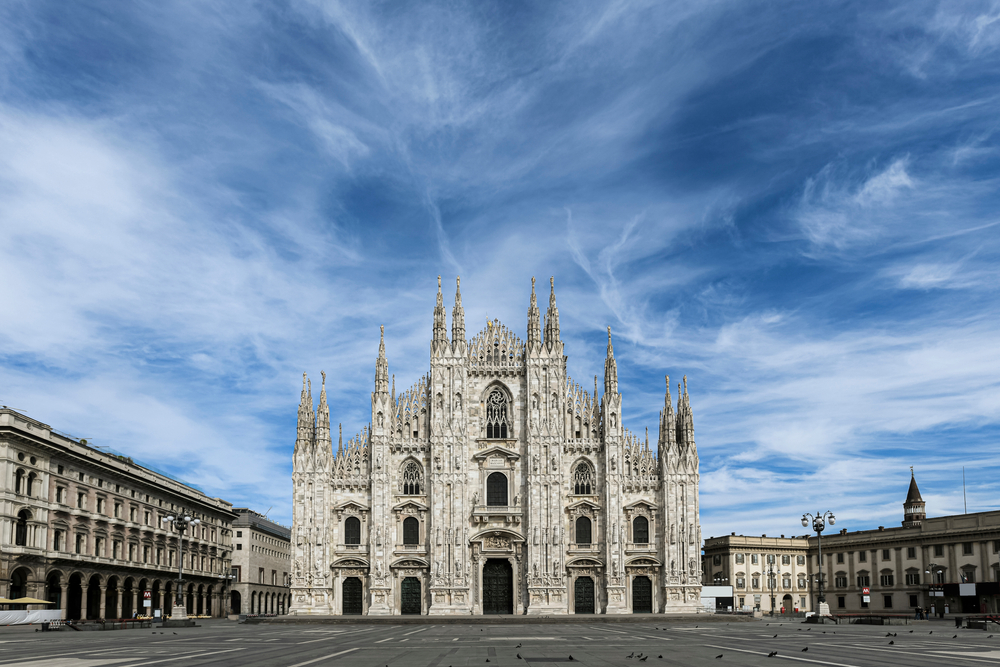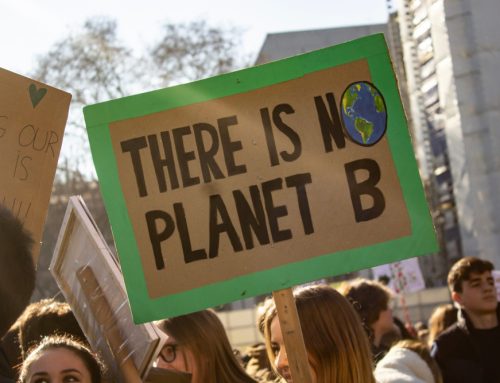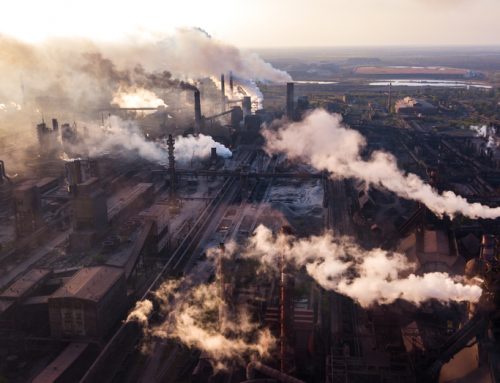Since March and our first lockdown, the skies were clear of planes and the streets were silent from the normally busy traffic. The world saw visions of a cleaner world and an important return to nature.
There was a sudden and dramatic fall in greenhouse gas emissions and a report by Nature Climate Change found that across the world, carbon dioxide emissions were down by 17% in April.
Is this drop in emissions worth celebrating? We explore the effects that the global lockdown may have had on the environment.
For Fatih Birol, the executive director of the International Energy Agency, the drop in emissions is unfortunately nothing to be proud of in the long-term.
“This decline in emissions, the biggest in history, is the result of economic trauma. It is nothing to celebrate. It is not the result of policy. This decline will be easily erased if the right policy measures are not put in place.”
In fact, just this week the UN’s World Meteorological Organization said that climate-heating gases hit new records in the atmosphere and that the dip in carbon emissions over lockdown was simply a “tiny blip” in the years of human activities causing a rise in greenhouse gas emissions.
Petteri Taalas, the WMO secretary-general, explains: “The lockdown-related fall in emissions is just a tiny blip on the long-term graph. We need a sustained flattening of the curve. We breached the global [annual] threshold of 400ppm in 2015 and, just four years later, we have crossed 410ppm. Such a rate of increase has never been seen in the history of our records.
“CO2 remains in the atmosphere for centuries. The last time the Earth experienced a comparable concentration was 3m-5m years ago, when the temperature was 2-3C warmer and sea level was 10-20 metres higher than now. But there weren’t 7.7 billion [human] inhabitants,” added Taalas.
Emissions may have temporarily dropped but it is in no way of making a significant positive impact for the environment and much more must be done.
Boris Johnson and the UK government is currently preparing its national plan on future carbon emissions – with major pressure to set and achieve ambitious targets.
Green campaigners called on the prime minister this week and are urging him to cut carbon levels by at least 75% – with less than this being seen as a bad example to other countries.
Last week, the prime minister announced that cars powered wholly by petrol and diesel will not be sold in the UK after 2030.








Leave A Comment